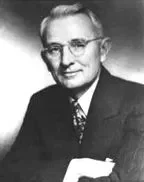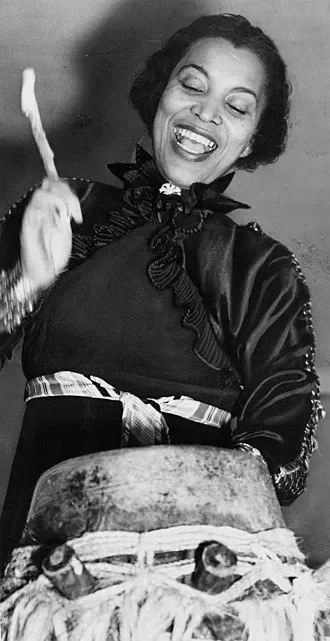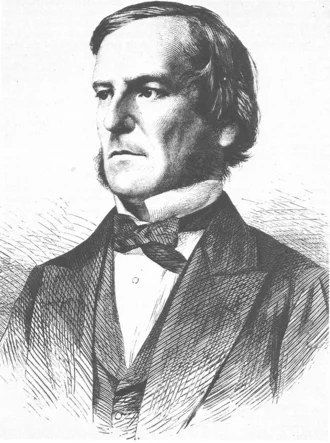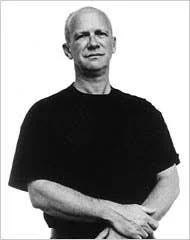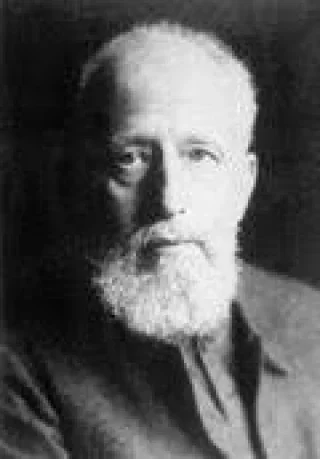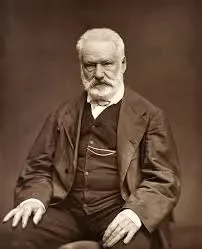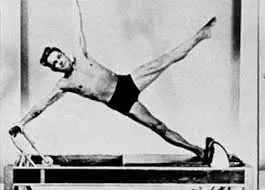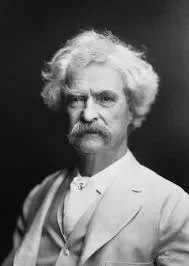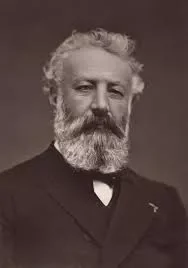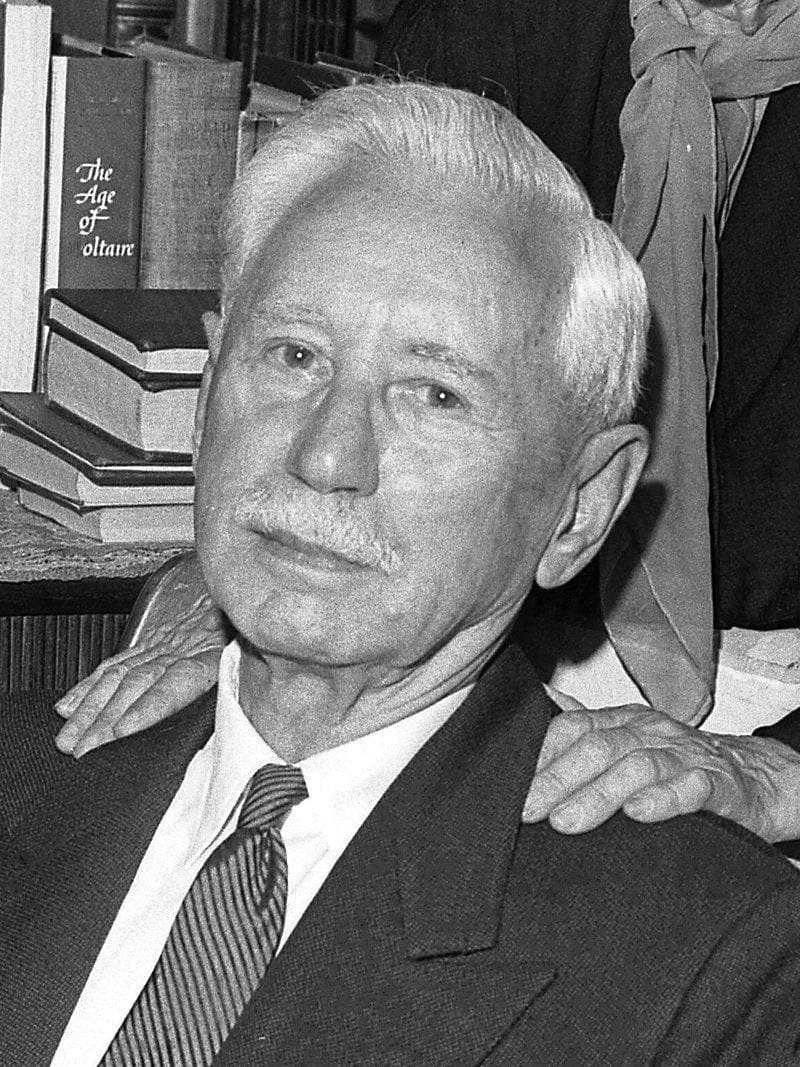Real Celebrities Never Die!
OR
Search For Past Celebrities Whose Birthday You Share
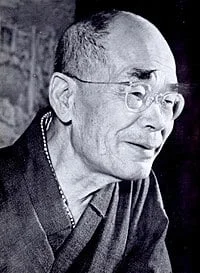
source:wikimedia.org
D. T. Suzuki
Birthday:
18 Oct, 1870
Date of Death:
12 Jul, 1966
Cause of death:
Old age
Nationality:
Japanese, American
Famous As:
Essayist
Age at the time of death:
95
D.T. Suzuki's Quote's
Introduction to D.T. Suzuki
Daisetsu Teitaro Suzuki, often known as D.T. Suzuki, was a Japanese philosopher, writer, and translator. He played a key role in introducing Zen Buddhism to the Western world. Born in Kanazawa, Japan, in 1870 to a samurai family, Suzuki showed an early interest in spiritual matters. This curiosity shaped his life and work, making him a pivotal figure in both Eastern and Western philosophical circles.
Early Life and Education
Suzuki was born on October 18, 1870, in the historic city of Kanazawa, Japan. Coming from a samurai family, he was exposed to traditional Japanese values from a young age. Suzuki was drawn to academic pursuits and eventually received formal education in Japan. In 1897, he moved to the United States to continue his studies at the University of California, Berkeley. There, he encountered Western philosophy and Christianity, which added depth to his understanding of spirituality and broadened his perspectives.
Return to Japan and Introduction to Zen Buddhism
In 1900, Suzuki returned to Japan and began studying Buddhism under Soyen Shaku, a Zen master who had also spent time in the United States. Under Shaku’s guidance, Suzuki delved deeply into Zen Buddhism. He became a dedicated disciple and eventually a Zen master himself. In 1906, Suzuki began teaching at Otani University in Kyoto. However, his unique teaching methods led to disagreements with the university, and he ultimately decided to leave.
Publishing “An Introduction to Zen Buddhism”
In 1921, Suzuki published his first book in English, *An Introduction to Zen Buddhism*. This work, based on lectures he delivered at Columbia University, was among the first texts to present Zen Buddhism to a Western audience. The book received widespread acclaim and established Suzuki as a leading authority on Zen Buddhism. His writing appealed to both scholars and the general public, sparking a wave of interest in Zen and Eastern thought across the West.
Continued Work in Writing and Translation
For the next several years, D.T. Suzuki continued to write, lecture, and translate Buddhist texts. His ability to bridge Eastern and Western philosophies helped him connect with audiences worldwide. Through his translations, he made key Buddhist teachings accessible to English-speaking readers, contributing to a greater understanding of Zen and other Buddhist practices.
Publication of “Zen and Japanese Culture”
In 1938, Suzuki published one of his most influential works, *Zen and Japanese Culture*. This book explored the connections between Zen Buddhism and Japanese culture, art, and philosophy. It deeply impacted Western readers’ views on Japan, helping them appreciate the cultural and philosophical depths of Zen in the Japanese way of life. The book remains a cornerstone in studies of Zen and Japanese cultural history.
Challenges During World War II
During World War II, Suzuki’s work was restricted by the Japanese government, which sought to suppress certain intellectual ideas. Despite these limitations, Suzuki continued writing and maintained a quiet yet committed dedication to spreading Zen teachings. After the war, he resumed his public work, and his teachings once again gained momentum in Japan and abroad.
Establishment of the Eastern Buddhist Society
In 1950, Suzuki founded the Eastern Buddhist Society to promote the study and understanding of Buddhism. The society launched a journal, *The Eastern Buddhist*, which became an essential resource for scholars and students of Buddhism worldwide. This journal provided a platform for Suzuki and others to discuss Buddhist philosophy and its applications in modern life.
Influence on Western Thinkers
In 1951, Suzuki returned to the United States for a conference on Buddhism. While there, he gave lectures and met with influential Western thinkers, including Carl Jung and Alan Watts. His discussions with these figures helped integrate Eastern philosophy into Western thought. Through these interactions, Suzuki’s influence extended to psychology, philosophy, and spirituality, enriching the dialogue between East and West.
Later Years and Legacy
Suzuki continued to write, translate, and lecture on Zen Buddhism until his death on July 12, 1966. His life’s work profoundly shaped Western understandings of Buddhism and Eastern philosophy. Suzuki remains a highly regarded figure in the study of Zen, and his teachings continue to inspire those exploring Buddhist philosophy and spirituality. His legacy endures, influencing how the world perceives Zen, meditation, and the spiritual journey.
Conclusion
D.T. Suzuki’s contributions spanned the early to mid-20th century, a period marked by cultural exchange and transformation. Through his translations, writings, and teachings, Suzuki introduced Zen Buddhism to the West, leaving a lasting impact on both Eastern and Western thought. His work has shaped how we understand Buddhism and spirituality, highlighting the potential for dialogue and mutual understanding across cultures. Today, Suzuki’s teachings continue to offer valuable insights into the nature of the mind, the essence of Zen, and the path to self-awareness.
Name:
D.T. Suzuki
Popular Name:
D. T. Suzuki
Gender:
Male
Cause of Death:
Old age
Spouse:
Place of Birth:
Honda-machi, Kanazawa, Japan
Place of Death:
Kamakura, Japan
Occupation / Profession:
Personality Type
Advocate: Quiet and mystical, yet very inspiring and tireless idealist. He was able to inspire many with his writings on Zen Buddhism.
He taught for many years at Otani University, a Buddhist institution in Kyoto, Japan.
He was nominated for the Nobel Peace Prize in 1963.
National Medal of Culture


